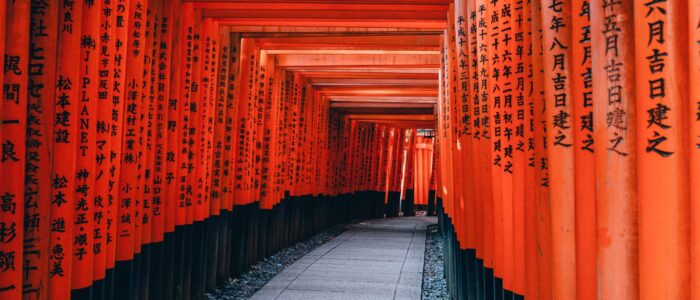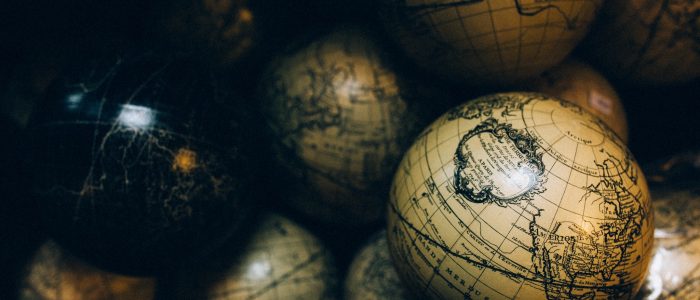There is another political and social area where humanists generally find themselves united behind common goals in opposition to many other groups and lifestances. This is the area of individual autonomy and freedom.
Across the world one encounters laws that limit sexual freedom, that restrict freedom in health and medical choices, that deny individual control over fertility and reproduction, and that outlaw potentially lifesaving medical research and treatments. There are even laws in most countries which, under the gravest penalties of law, deny individuals the freedom to choose whether they live or die.
Humanists are committed to the principle of “self-determination”: the right of individuals to create their own meaning and values in life, and to shape their lives in accord with their values. Religious beliefs and authoritarian laws still deny many freedoms and restrict people’s right to self determination. Many humanist individuals and organizations, therefore, work to expand the right of individuals to control their own bodies and their own lives.
(Humanist positions on many contemporary social and ethical issues are explored in Developing Potential Without Religion, Dr. Jeaneane Fowler’s cornerstone course in Religion and Spirituality. More detailed political and legal issues, specifically relating to the United States constitution, are covered in Religion and the Constitution, Dr. Timothy Gordinier’s cornerstone course in Law and Politics.)




















